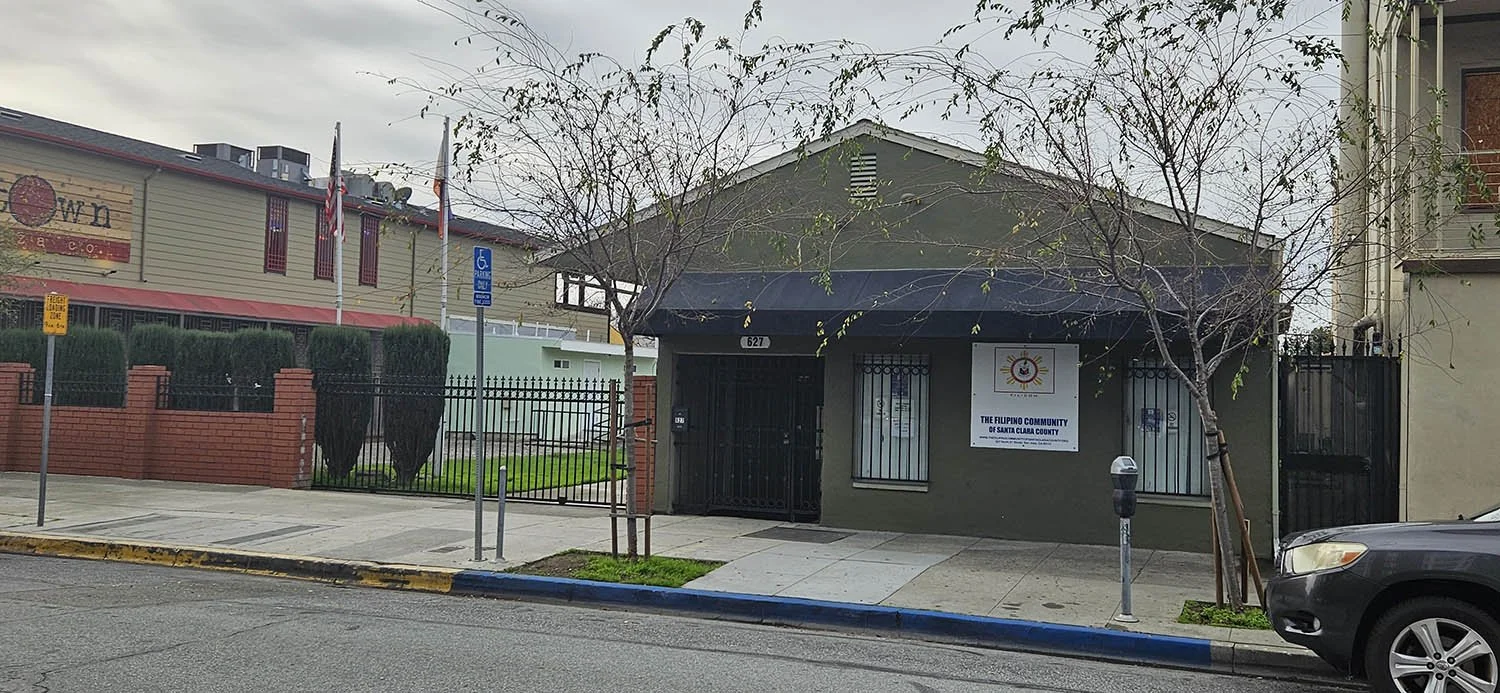Racism: Can We Talk?
/We know how it is to walk on eggshells when we have to talk about politics and religion with our families and friends. It's a lot easier to take the cop-out route -- not to bring up anything controversial when we gather with people we love. But in the past two months, ever since we saw the gruesome video of George Floyd dying in the hands of the police and witnessed the emergence of Black Lives Matter and nationwide anti-racist protests, we have been forced to reckon with anti-Black attitudes in our midst, be it in us or in our circles. Add to this the alarming increase of pandemic-induced racist rants directed at Asians, including Filipinos, and we know that it's time to have a conversation about racism. But how do we do it without breaking filial bonds?
Last week we posted the written versions and the audio recording of Positively Filipino's first webinar on the historical roots of the Filipino colonial mind and of white supremacy in the US. Both provide an abbreviated but very timely education on how we were "programmed" to look at white as the superior race, and how White supremacy was legalized and embedded in US history -- the better for us to understand how we feel and why we should care.
In case you missed the lectures, here are the links:
https://www.positivelyfilipino.com/magazine/the-colonial-legacy-of-racism-among-filipinos
https://www.positivelyfilipino.com/magazine/white-supremacy-and-black-oppression-in-law-and-society
Last Monday, our second webinar focused more pointedly on "A Difficult Conversation," which tackled the prevailing racist attitudes among Filipinos and how to start a constructive conversation with our families about the issue. Our panelists, Professors Evelyn Ibatan Rodriguez of the University of San Francisco and Anthony Ocampo of Cal Poly Pomona, provided enlightening and valuable insights on the topic.
Next week, Thursday, July 23, join us with immigrant activist Jose Antonio Vargas and immigration attorney Lourdes Tancinco for our third webinar: Immigrants in the Time of Racial Unrest, Pandemic, and Trump
This Week’s Stories:
K-Dramas Might Save Us Yet By Criselda Yabes
Segundo Matias Jr., Master Storyteller By Rey E. de la Cruz
How Filipinos Are Coping With Covid-19, Part 3: Japan, Australia, New Zealand, And The Philippines By Cecilia Manguerra-Brainard
The Happy Home Cook: Bulgogi (“Fire Meat” Or Korean BBQ) By Jewel Allen
Video of the Week: Jo Koy's funny satirical take on "Filipino tupperware"
In The Know:
Crucial yet forgotten: the Filipino workers stranded by coronavirus
https://asia.nikkei.com/Spotlight/The-Big-Story/Crucial-yet-forgotten-the-Filipino-workers-stranded-by-coronavirus?utm_campaign=RN%20Free%20newsletter&utm_medium=daily%20newsletter%20free&utm_source=NAR%20Newsletter&utm_content=article%20link&del_type=1&pub_date=20200715190000&seq_num=2&si=%25%25user_id&fbclid=IwAR3K2Npkq0-BQ2iEwZlnhQTZvFCVj4J-fLPmuZNI___3Ssh_ZUq0cnvIdXY
Filipino American who had strict religious upbringing launches Queer Youth of Faith Day
https://www.nbcnews.com/news/asian-america/filipino-american-who-had-strict-religious-upbringing-launches-queer-youth-n1231997?fbclid=IwAR3OWHeJBSpudzFbwlnwJMhOeIqtCUE3BsBloMtvVFAOQCPvDgFKkBUZFNI
Audiovisual Resources: West Philippine Sea
https://mongarilao.wordpress.com/2020/07/11/west-philippine-sea-audiovisual-resources/?fbclid=IwAR2WRzuswb8_V9XDba769o6em-2-_w_T0LpuUBmQCMRsNfINAhPT8Zk0FnU
Pandemic Highlights Health Disparities For Filipinos In Hawaii
https://www.civilbeat.org/2020/07/pandemic-highlights-health-disparities-for-filipinos-in-hawaii/


